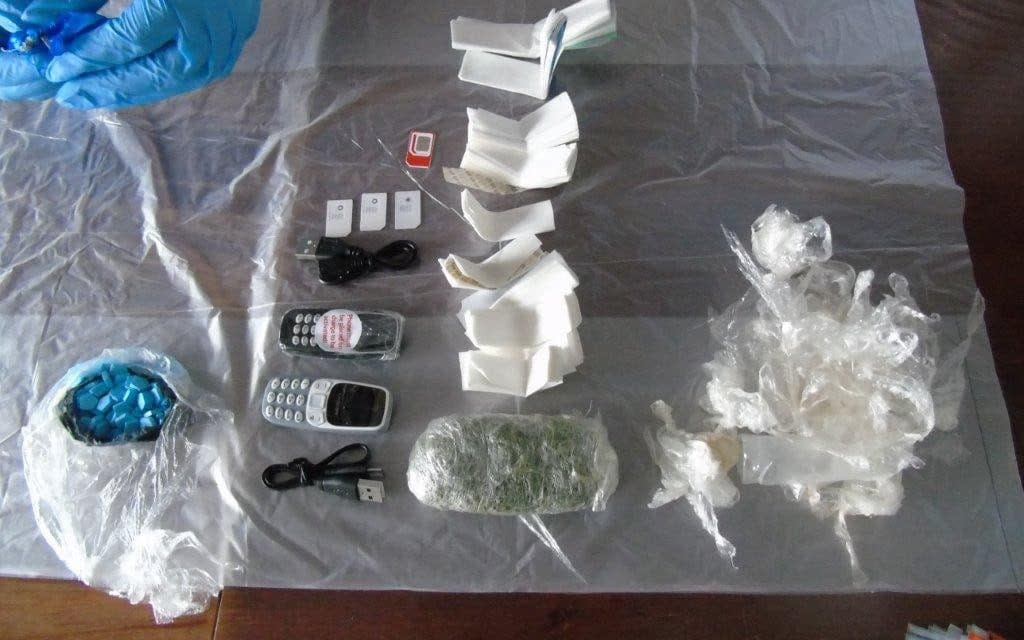Heat technology in prisons to trace illicit mobile phones to precise cells

Prisoners secretly using illicit mobile phones to make drug deals will be detected by new technology that can pinpoint their devices down to a precise cell.
The Ministry of Justice successfully trialled the specialist mobile detection technology in one prison and has now extended it to five other jails, the Ministry of Justice announces today.
The technology sends real-time alerts when a mobile is detected, displaying it on a digital heat map which identifies the strength of the signal.
This allows prison officers to pinpoint the location of the phone down to the exact cell so that they can then seize it.
Staff can also track data over time to watch for patterns in the calls that could enable them to identify and break drug smuggling rings bringing spice or other drugs into jails.
David Gauke, the Justice Secretary, said: “As criminals look for new ways to smuggle contraband into prisons, it is vital that we stay one step ahead, and this kind of technology will help prevent them operating from their cells.
“This is vital to ensuring prisons are places of safety and rehabilitation, where offenders can turn their backs on crime for good.”
Use of the detection technology was permitted under legislation passed last year amid growing concerns increasing use of illicit phones was fuelling the drugs trade and violence in prisons.
They can be worth between £400 and £1,000 just to borrow in jails and are used not just for drug dealing but to run crime networks inside and outside the prison, enforce debts and, in some cases, terrorise victims of the crimes for which they were jailed.
The Interference with Wireless Telegraphy Bill, which became law last December, also enables prisons to use jamming technology to disrupt mobile telephone signals in prisons.
Last year there were 10,643 incidents where mobile phones were found in prisons, a 15 per cent increase on the previous year.
d85d720c-8fd7-4012-906e-5ef8576abbb7
The number of assaults in prisons in England and Wales also reached a record high of 33,800, up 20 per cent on the previous year, while drug seizures increased by 23 per cent.
The Ministry of Justice aims to balance the crackdown with an increase in fixed phones in cells under which calls are restricted to pre-approved numbers and also recorded.
The number of prisons with such phones will rise to 50 by 2020.
If a prisoner is suspected of using the phone for criminal activity, their calls can be monitored and governors have the power to remove phones from those who have misused them.
The government has also introduced body scanners and improved searching techniques to stop mobiles getting into prisons.

 Yahoo News
Yahoo News 
